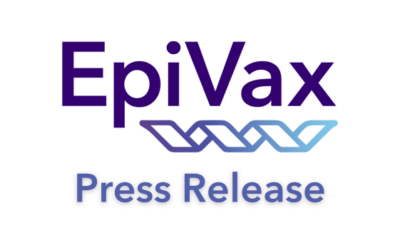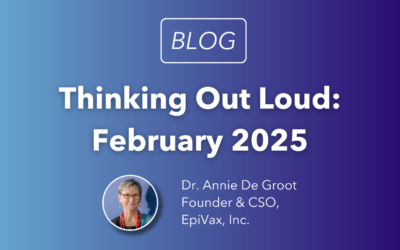Are we “Checking the Box” or Making Vaccines that work?
We need a COVID-19 vaccine! From China to the US to Europe and even Africa, scientists are working tirelessly, if not at “warp speed“, to develop and test more than one COVID-19 vaccine. May global scientific collaboration be more contagious than SARS-CoV-2!
No less than five vaccine candidates, each one supported by teams of scientists at well-funded and large Pharma companies, are being moved towards the clinic. Clinical trial sites are being readied. Production facilities are being built. Data safety monitoring boards are in place. Each and every scientist contributing to the effort is working 24/7. This effort is massive and unprecedented, and unlike the public health response to prevent transmission of COVID-19, the vaccine effort is well coordinated and there is clear commitment to making the vaccines accessible.
However, if we dare ask, are these superhuman efforts of these large companies potentially misguided? We are not alone in asking this question – See the Science perspective here, and Peter Hotez voicing his concern about immune enhancement here. Six months ago, I asked whether we were rushing to “check the box” to satisfy the need to develop a vaccine but not spending enough time to carefully consider how an effective vaccine could be developed.
Is it possible that the vaccines being developed need to be more carefully designed (perhaps it is too late)… Indeed, there are early warning signs: Antibody response is transient in some individuals, lasting less than 60 days following natural infection with COVID-19. This is reminiscent of the low level antibody titers and loss of response observed during H7N9 infection, a prior “pandemic” threat. It also recalls vaccine hopes that were dashed in the wake of the ‘most successful’ trials – RV 144. There, too, antibodies generated were weak, and the response was transient; overall protection was not sufficient to move the vaccine forward. We still do not have an effective HIV vaccine, despite decades of effort by some of the best scientists in the world. COVID-19 vaccine developers would do well to remember these histories.
There’s one very important reason why we should be cautious and careful to design effective vaccines. Public trust. There is a real risk that public trust in vaccine developers deteriorates, should these large trials turn into large fiascoes. By putting all of our eggs in one basket, we risk catastrophic failure. It is not enough to “check the box”.
Speaking only for myself, I sincerely hope that I am wrong about this. But I also believe that it would be a good idea to have a Plan B. We can’t afford to do otherwise.
For more on Plan B, stay tuned for the “Thinking Out Loud” Newsletter in August!
New! Immunogenicity White Paper
“Sitting down” with Joe Paolino
Last week I sat down with Rhode Island’s own Joe Paolino for a frank conversation about vaccine development, pandemic preparedness and what the future may hold. You may watch the full interview and please reach out to [email protected] with any feedback or follow up questions you have!


